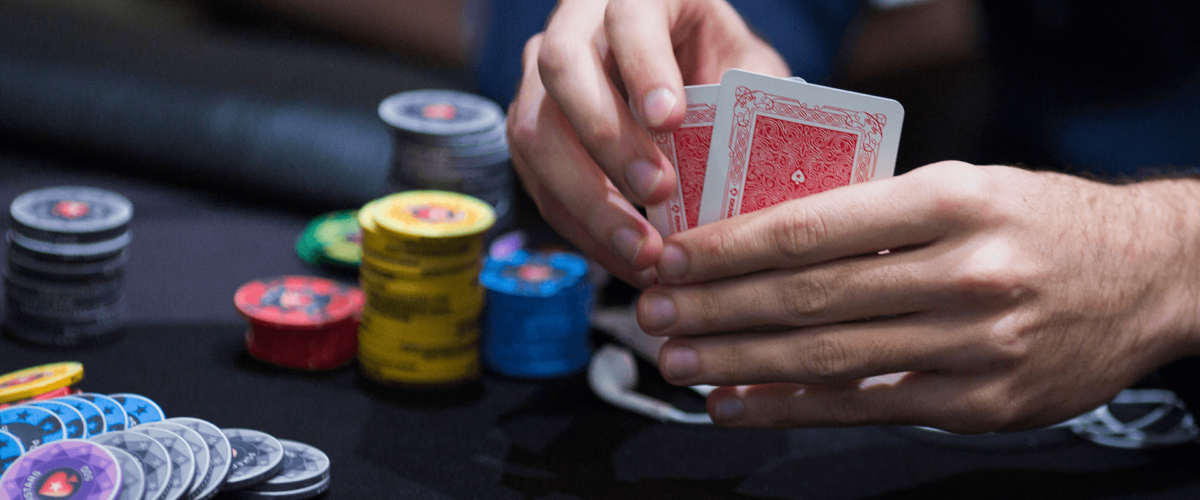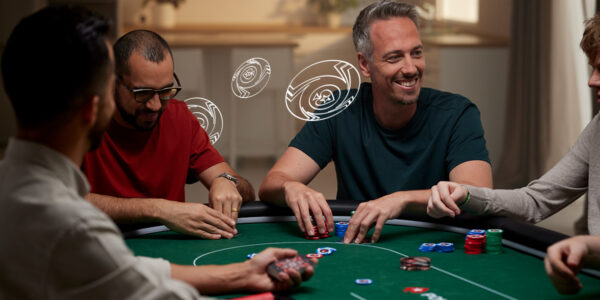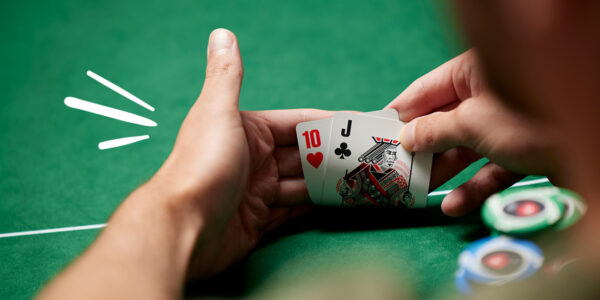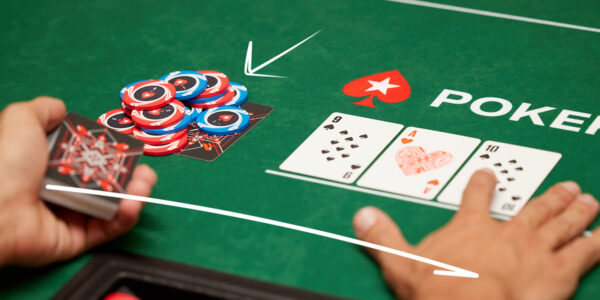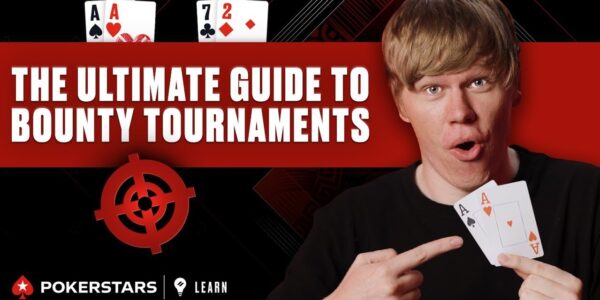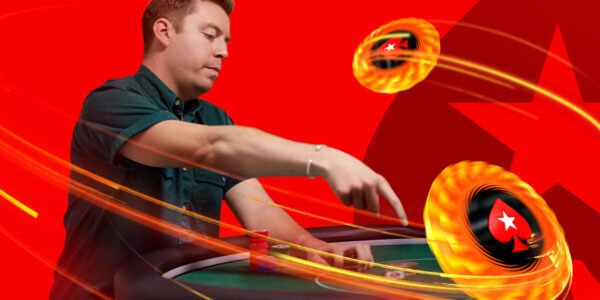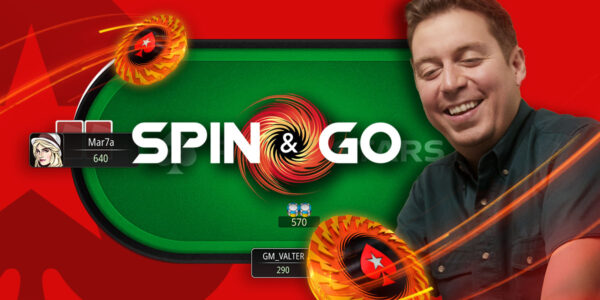Thinking In Ranges and Why It’s Important
In this poker strategy article you will learn about poker hand ranges, discuss the concept of thinking in terms of ranges, and find out why it is important to strengthen this skill.
“I put you on AK” said the player who had just made a call of a preflop 4-bet all in with a small pocket pair. “There are 2 hearts on the flop, so I have to bet enough to deny proper odds for my opponent to draw at the flush” said another player who’d flopped top pair. What’s wrong with these statements? They both demonstrate an inadequate application of ranging. In the first case, our player is putting their opponent on a specific hand, AK, to justify calling the all in with a small pair. Of course the player who has 4-bet shoved is doing so with a range of hands, of which AK is only one specific part. In the latter case, our bettor is concerning themselves with only flush draws while deciding their action, when the reality is their opponent has a much broader range of hands, of which flush draws are only a small part.
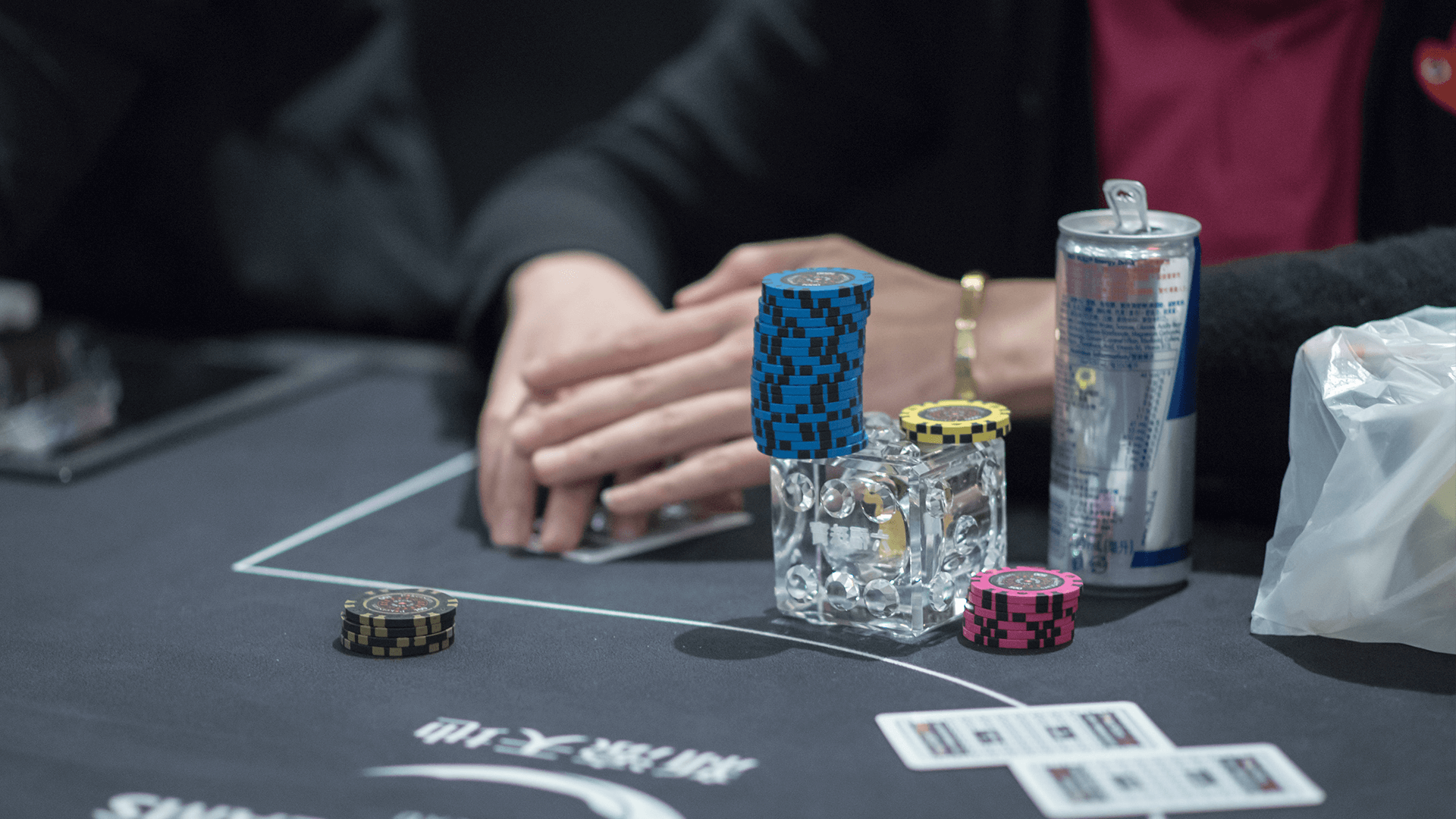

Thinking in ranges, instead of specific holdings or segments of hands (like draws), is an essential part of a sound poker strategy. The ability and practice of thinking in ranges will help you against some very common pitfalls that poker players fall into, such as:
Putting a player on a specific hand
It’s very rare to be able to narrow a players range down to a specific hand, and invariably when someone says “I put you on XY” it’s driven by motivations that aren’t related to ranging your opponent… leading to significant mistakes.
Overcompensating for a specific hand strength or group
Examples of this are being overly concerned about possible draws to the exclusion of other hand considerations, or zeroing in on top pair as your opponent’s holding while discounting the stronger and weaker hand possibilities.
Putting players on only hands that beat you
This is also known as the “monsters under the bed” syndrome. The reality is most of the time an opponent’s range will contain hands that are both behind and ahead of you. Making this mistake will cost you money in the form of folding too often.
Putting players on only hands you can beat
This is a common problem our friend who “put you on AK” had at the opening of the article. The peril here is clear: You will lose a lot of money when your opponent actually has a better hand, and those are always part of their range.
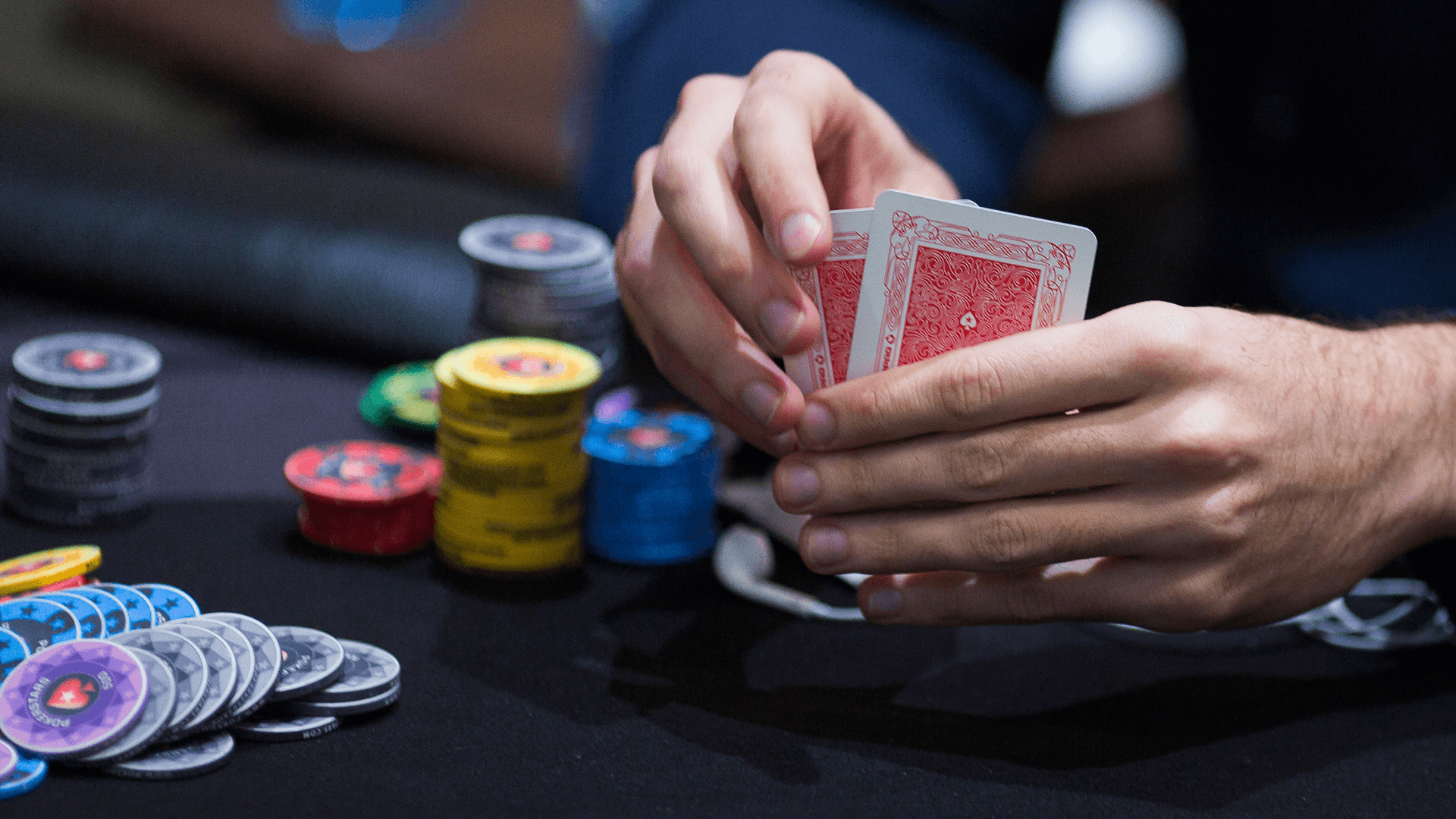

It’s not only important to think in terms of ranges at the tables, but also critical to strengthen the skill of ranging your opponents. There are several reasons to constantly continue improving in this area, some of which are:
Better decisions
Poker is a game of incomplete information. If you knew your opponent’s exact hole cards, you could make the optimal decisions all the time. The better you become at ranging your opponents, the better able you will be to make good decisions against them.
Increased opportunities
By actively ranging your opponents, you’ll find opportunities arise that other players miss. For instance, a player may be showing strength in a situation where their range is actually weak and contains many bluffs. Your ability to recognize this and call them down lighter will make you money that other players may miss out on when they just fold to the aggression. Or, conversely, when an opponent’s range is very strong, you may be able to get away from some decent strength hands that lessor players would simply pay off with.
Better emotional control
Believe it or not, thinking in terms of ranges may help you avoid tilt. You already understand sometimes your opponent has a better hand and sometimes they don’t, but staying in touch with this perspective will help you weather the emotions that come with the game.
More confidence
It can’t be understated, confidence at the tables is critical to success. It’s natural for human beings to lack confidence in situations where they are confronted with many unknown variables. Fighting for pots at the poker table against unknown hands is one of those situations. The ability to range opponents well, to shed some light on the darkness that is their range of hands, will bring you a level of confidence at the tables that will help set you apart from your opponents.
In a future article we will address how the process of ranging opponents works, and specific steps you can take towards improving this skill. But for now, just thinking in terms of a range of hands for your opponents will help improve your decisions, confidence and results.


